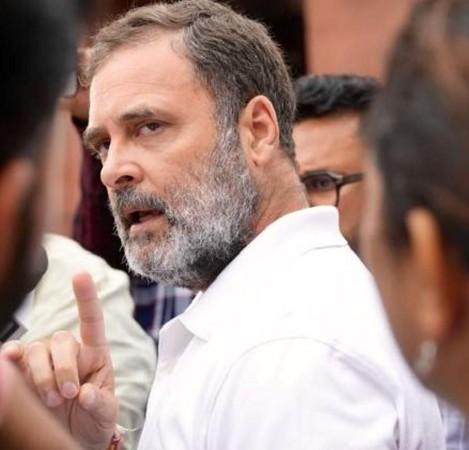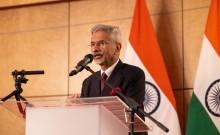![[Representative image] Stray dogs](https://data1.ibtimes.co.in/en/full/627123/stray-dogs.jpg?h=450&l=50&t=40)
The Supreme Court has directed that all stray dogs in Delhi-NCR be removed from the streets and housed in shelters — but the Municipal Corporation of Delhi (MCD) has admitted it lacks the capacity to carry out the order.
The court, led by Justices JB Pardiwala and R Mahadevan, has ordered authorities in Delhi, Gurgaon, Noida, Ghaziabad, MCD, and NMDC to capture stray dogs, especially from vulnerable areas, and ensure they are not released back. Any individual or group obstructing the drive faces contempt proceedings.
Delhi's estimated 600,000 stray dogs present a logistical hurdle. Controlling the population requires sterilizing at least 70% — about 450,000 dogs — annually. MCD data shows only 125,000 procedures are performed each year, with just 20 operational sterilization centers and no dedicated shelter capacity for relocated animals.

The order has sparked sharp criticism from political and animal welfare circles. Congress leader Rahul Gandhi called it "a step back from decades of humane, science-backed policy," urging sterilization, vaccination, and community care over blanket removals. "Blanket removals are cruel, shortsighted, and strip us of compassion," he posted on X.
Animal rights activists staged protests at India Gate, decrying what they call an inhumane directive. Several were detained. "I am being detained because I do the noble work of feeding animals," one caregiver told PTI.
Globally, cities like Istanbul have managed stray populations through sterilization, vaccination, and community participation — an approach Delhi activists say balances public safety with animal welfare.
MCD's admission of its limitations has amplified calls for a coordinated, long-term plan involving more sterilization centers, expanded shelter facilities, and public engagement to address the issue sustainably.














